Transportation Construction Coalition Pushes for Transportation Project Funding
Congress Must Prevent Surface Transportation Project Delays and Protect Jobs
The Transportation Construction Coalition (TCC), the Americans for Transportation Mobility (ATM) Coalition, and the American Association of State Highway and Transportation Officials (AASHTO) represent public entities, businesses, and millions of individuals that provide a vital service to their communities by helping to improve the efficiency and safety of America’s surface transportation system and delivering essential goods and services. The members of the TCC, ATM, and AASHTO can be found in virtually every congressional district. However, many of these members are facing an unstable future because of COVID-19 pandemic-related reductions in federal and state transportation and other revenues that fund critical highway, bridge, and public transit projects. In addition, the current surface transportation law expires on September 30, 2020, creating further uncertainty. To prevent cuts in transportation investments and spur the nation’s economic recovery, the TCC, ATM, and AASHTO urge Congress to:
- Pass a growth-oriented and turn-key extension of current surface transportation law for one year;
- Provide backstop federal funding to state departments of transportation (DOTs) and public transit agencies; and
- Ensure the solvency of the Highway Trust Fund.
Pass a growth-oriented and turn-key extension of current surface transportation law for one year
The Fixing America’s Surface Transportation Act – the current surface transportation law – will expire on September 30, 2020. A year-long extension of federal surface transportation programs with increased investment levels would provide the stability necessary to enable the planning, letting, and building of projects through the 2021 construction season, putting Americans to work. The extension would also bolster market certainty for businesses in 2021, making them more likely to hire workers while investing in new equipment and technologies. The extension should be “turn-key,” by avoiding the inclusion of new policies and programs, which may delay the critical distribution of federal funding. At the same time, enabling state DOTs and public transit agencies to address the impacts of the pandemic may require specific flexibilities in the extension.
Provide backstop federal funding to state DOTs and public transit agencies
State DOTs and public transit agencies are facing severe losses in state transportation and other revenues due to state and local stay-at-home orders. As a result, the ability of state DOTs and public transit agencies to carry out their core functions, including capital construction programs, is threatened. Many state DOTs and public transit agencies have imposed furloughs, while delaying or cancelling more than $8 billion in surface transportation projects, threatening the viability of many businesses. AASHTO estimates that state DOTs need $37 billion through fiscal year 2024 to offset state transportation revenue losses. Similarly, the American Public Transportation Association estimates that public transit agencies require an additional $32 billion of federal funding to offset pandemic-related costs and revenue losses as they continue providing this critical lifeline for essential workers. These infusions of emergency federal funding for state DOTs and public transit agencies will forestall public and private sector job losses and prevent further disruptions to projects that provide long-term benefits to the economy.
Ensure the solvency of the Highway Trust Fund
Federal surface transportation programs are supported by motor fuels and trucking user fee revenues, which are deposited into the Highway Trust Fund (HTF). Prior to the pandemic, the revenue from these user fees was estimated to fall approximately $195 billion short of supporting even current funding levels for surface transportation programs over the next 10 years. The stay-at-home orders also reduced revenue for the HTF, further exacerbating the impending cash shortfall. The HTF’s shortfall must be addressed for the duration of a year-long extension at a minimum.
To learn more about the TCC, the ATM, and AASHTO, please visit:
https://www.transportationconstructioncoalition.org/, https://www.fasterbettersafer.org/, and
https://www.transportation.org/, respectively.







